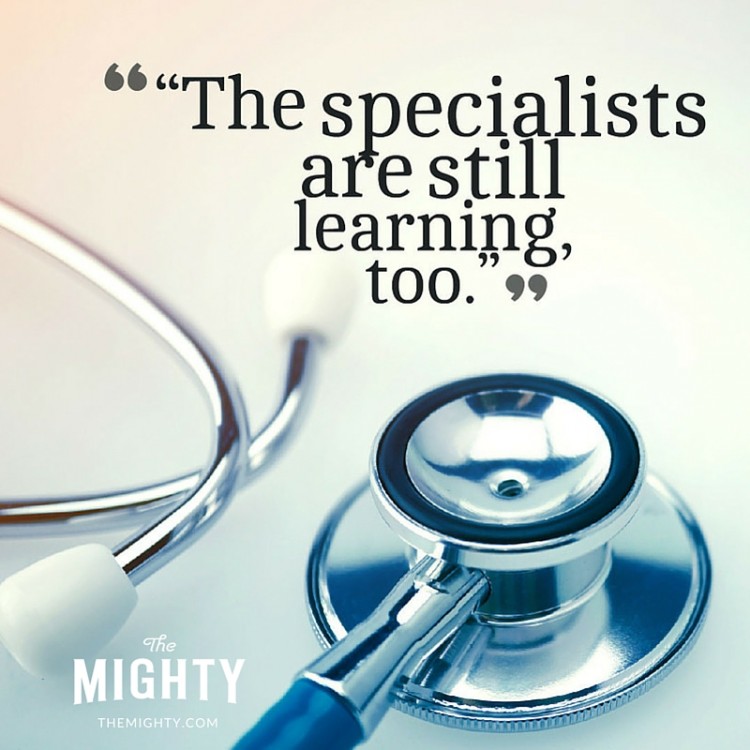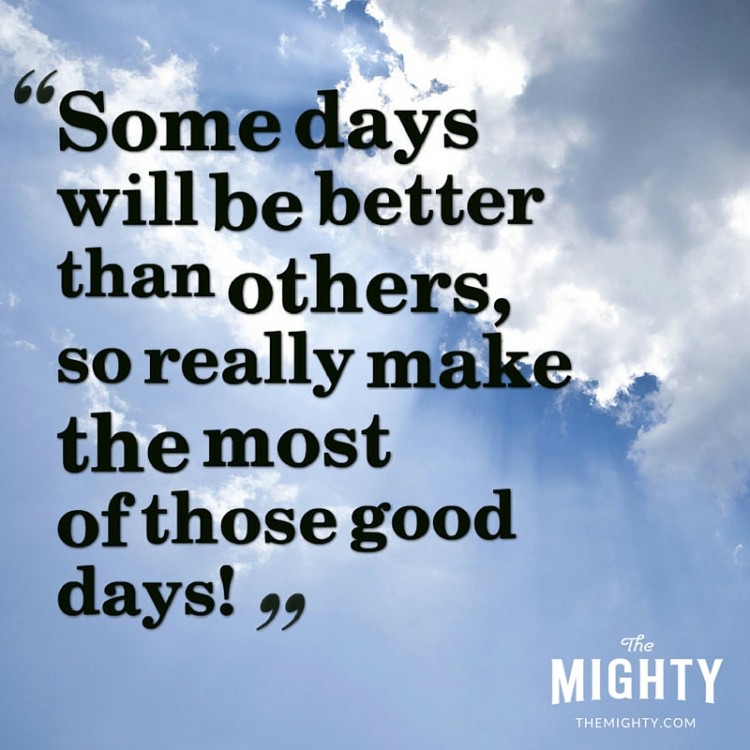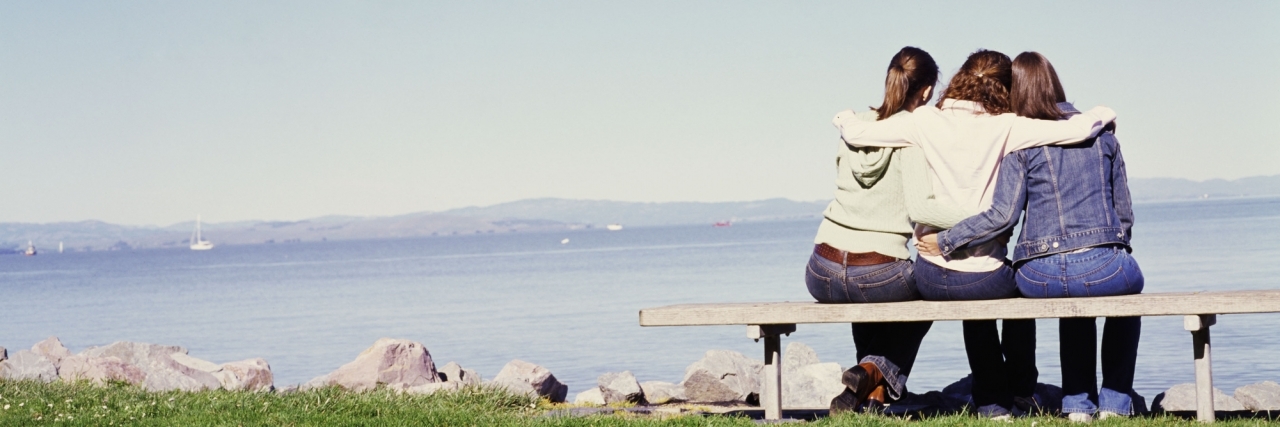14 Things People With IBD Wish They Knew When They Were Diagnosed
Receiving a diagnosis of inflammatory bowel disease (IBD), such as Crohn’s disease or ulcerative colitis (UC), may answer some questions about your health — but can also create new ones. How do you manage not only the physical, but also emotional symptoms of these chronic illnesses? Is there anyone out there who understands what you’re going through? What can you expect daily life with IBD to be like?
We partnered with Girls With Guts to find out what people with IBD wish they had known when they first received their diagnoses. They revealed the insight they would have wanted to hear about how to find support, what working with doctors would be like, and how to thrive despite the challenges of their illness.
Here’s what they told us:
1. “I wish I knew just how much this disease would shape my life after being diagnosed at 16. I wish I knew it wouldn’t just negatively impact my life but it would shape my life in many positive ways as well. I am proud of the person I have become because of the challenges and hardships I faced.”
2. “I wish I knew I’d always be tired, sick, and less active in my life because of lack of vitamins and nutrients, leading to any and every problem you can have body-wise. And that I’d have to full-on depend on my mind to get me through the hard times.”
3. “The amount of hospital stays and drugs that seem to have just as many side effects as the disease has symptoms. That I would lose control of my emotions because of the steroids that I am almost always on. How hard it would be to put one foot in front of the other just to get through my day some days.”
4. “I thought having a diagnosis would make life simpler, but I had no idea how difficult it would be to explain my specific condition (systemic Crohn’s disease) to other doctors who aren’t as knowledgeable about the various forms of IBDs. Now, even a routine check-up has to be prefaced with a lengthy and exhausting description of my medical history, which the doctor may or may not even choose to consider.”
5. “[I wish I knew] my life would have been different. That fighting with ignorance, prejudice and selfishness (besides fighting with hospitals, drugs and the illness itself… as it wasn’t enough) would have been a part of my new life.”
6. “The specialists are still learning, too.”

7. “I wish I would have known others with IBD as well. I was diagnosed in 1989 when I was 19 years old (I had been sickly since birth). Just in the past three years or so I have ‘met’ some people online with IBD. It makes a huge difference to belong to a group where everyone understands and everyone is instantly friends because we are all in this together.”
8. “I wish they had immediately told me about Camp Oasis and support groups online so I didn’t feel so alone and like an outcast when I was 9.”
9. “I wish I had been told I would go through the five stages of grief after I was diagnosed and mourn by body and my life.”
10. “I wish someone showed me how other people with Crohn’s disease and ulcerative colitis would help me establish my own ‘normal.’”
11. “One thing I wish I knew when I was first diagnosed with IBD is how unpredictable it can be, and that some days will be better than others, so really make the most of those good days! Also that it is so different for everyone. Symptoms and treatment and what works will be different from one person to the next, but it’s important to never give up hope.”

12. “I wish I knew when I was diagnosed how much of a community there is out there for IBD patients. I felt very alone in my diagnosis for a long time because I didn’t know anyone personally who had IBD, but through organizations like CCFA as well as social media, I’ve met some amazing people from all over the world who deal with the same problems that I do on a daily basis. They make for great advice-givers and sounding boards, and some have become good friends.”
13. “When first diagnosed, I wished I knew it was not caused by food. Of course, we all know foods can irritate, but food is not the cause. It would have saved me a million guilt trips and a few secret hamburger outings!”
14. “One thing I wish I had known when I was first diagnosed with Crohn’s disease is that there are so many resources available to help in coping with a chronic illness. For example, there are Facebook groups and a multitude of blogs, both of which are great ways to read about firsthand experiences!”
What do you wish you knew about IBD when you were first diagnosed? Share your response in the comments.

